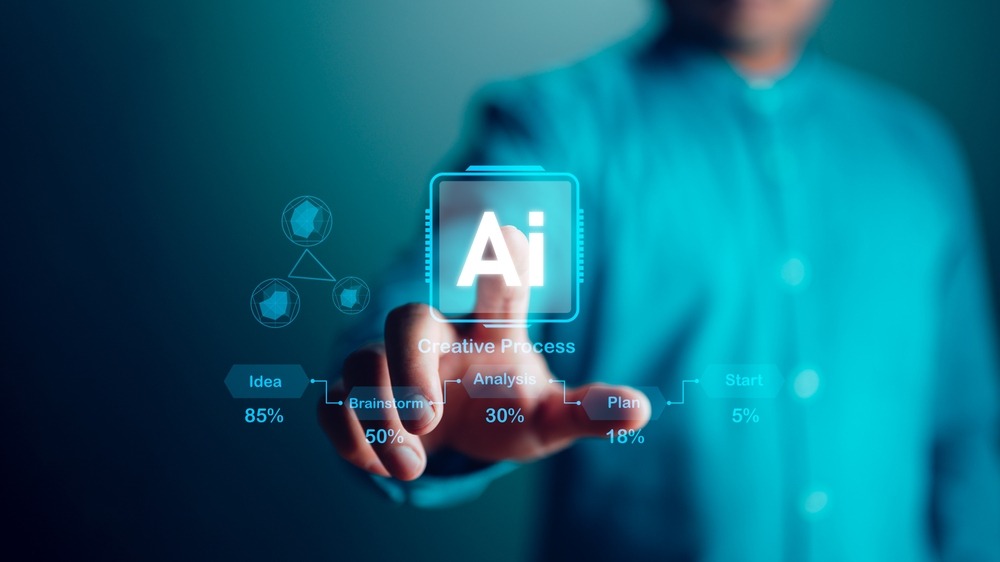
Artificial Intelligence (AI) is transforming many aspects of our lives, from the way we work to the way we communicate and even the way we make decisions. With its ability to learn from vast amounts of data and automate complex tasks, AI has the potential to revolutionize many industries and improve our quality of life. However, with this potential comes a set of ethical considerations and responsibilities that we must address as a society. In this blog, we will explore the ethical implications of AI and what we can do to ensure that its development and use align with our values.
One of the main ethical concerns with AI is the potential for bias and discrimination. AI algorithms are only as unbiased as the data they are trained on, and if that data reflects the biases of society, the AI system will reflect those biases as well. For example, if a facial recognition system is trained on a dataset that is overwhelmingly composed of white faces, it may not be as accurate at recognizing faces of people with different skin tones. This can lead to discriminatory outcomes, such as misidentifying someone as a criminal or denying them a job or loan based on their race or ethnicity.
To address this issue, it is important to ensure that the datasets used to train AI systems are diverse and representative of the population as a whole. This means collecting data from a wide range of sources and ensuring that it is properly anonymized to protect privacy. It also means being transparent about the data that is used to train AI systems and regularly auditing them to identify and address any biases that may arise.
Another ethical concern with AI is the potential for automation to displace human workers. While AI has the potential to create new jobs and industries, it can also lead to the loss of jobs that are currently performed by humans. This can have a devastating impact on individuals and communities who rely on these jobs for their livelihoods. To address this issue, it is important to invest in education and training programs that prepare workers for the jobs of the future, and to ensure that those who are displaced by automation are provided with the support and resources they need to transition to new careers.
A related ethical concern with AI is the potential for it to be used to manipulate public opinion and undermine democracy. With the rise of social media and the widespread availability of information online, it is becoming increasingly easy for bad actors to spread disinformation and influence public opinion. AI can be used to amplify these efforts by creating fake news stories, manipulating search engine results, and targeting specific individuals with personalized propaganda. To address this issue, it is important to invest in cybersecurity measures that protect against cyber attacks and disinformation campaigns, as well as to promote media literacy and critical thinking skills among the general public.
Finally, there is the ethical question of who is responsible when things go wrong with AI. If an autonomous vehicle causes an accident, who is liable: the manufacturer, the programmer, or the vehicle owner? If an AI system makes a decision that has negative consequences for a person or group, who is responsible for the outcome? These are difficult questions to answer, and there is no easy solution. However, it is important for developers and users of AI systems to take responsibility for their actions and to be transparent about how these systems are designed and used.
In conclusion, the development and use of AI presents a range of ethical challenges and responsibilities that must be addressed if we are to ensure that this technology aligns with our values and serves the greater good. By being mindful of the potential for bias and discrimination, investing in education and training programs, promoting media literacy and critical thinking skills, and taking responsibility for the outcomes of our actions, we can help to ensure that AI is used in a way that benefits society as a whole.


